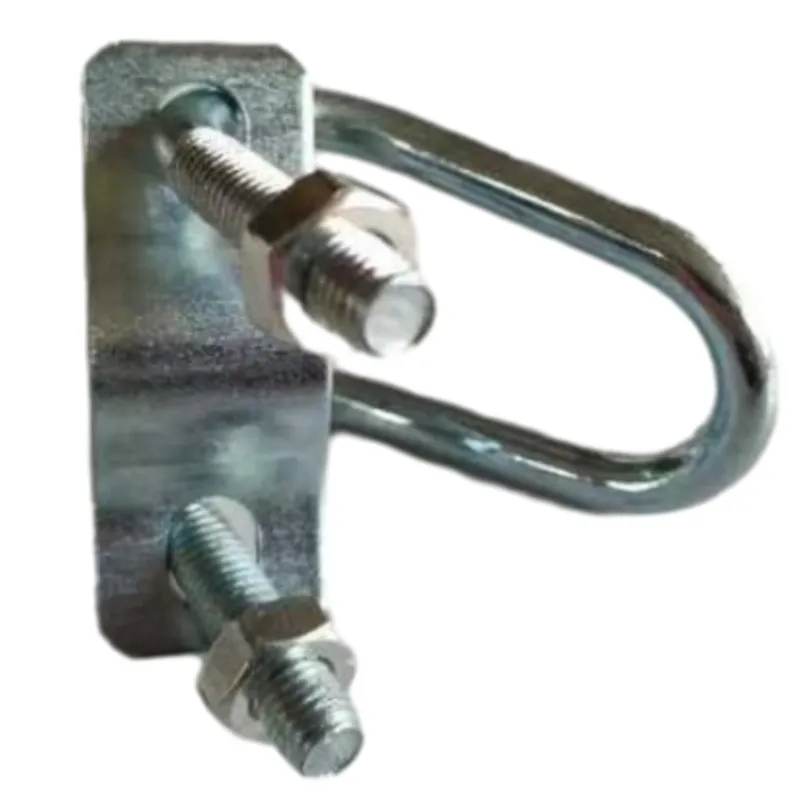loading...
- No. 9, Xingyuan South Street, Dongwaihuan Road, Zaoqiang County, Hengshui, Hebei, China
- admin@zjcomposites.com
- +86 15097380338
- Welcome to visit our website!
frp water tank
Innovative Solutions for FRP Water Tanks
In recent years, the demand for durable, efficient, and corrosion-resistant water storage solutions has led to the rising popularity of Fiber Reinforced Polymer (FRP) water tanks. These tanks are becoming increasingly common in various sectors, thanks to their numerous advantages over traditional materials such as concrete and steel.
Understanding FRP Technology
Fiber Reinforced Polymer is a composite material made from a polymer matrix reinforced with fibers. These fibers can be made from glass, carbon, aramid, or other materials, providing exceptional strength and lightweight properties. The combination of these materials allows FRP tanks to offer superior resistance to corrosion, chemical attacks, and environmental conditions, making them ideal for water storage applications.
Key Benefits of FRP Water Tanks
1. Corrosion Resistance One of the main advantages of FRP water tanks is their outstanding resistance to corrosion. Unlike traditional materials that can succumb to rust or deterioration over time, FRP tanks maintain their integrity even when exposed to harsh chemicals or extreme weather conditions. This durability extends the lifespan of the tank, making it a cost-effective solution for water storage.
2. Lightweight Construction FRP tanks are significantly lighter than their concrete or steel counterparts. This lightweight nature simplifies installation and reduces transportation costs. Moreover, the reduced weight means that less structural support is needed, allowing for more versatile installation options, including rooftops and elevated platforms.
3. Customizable Design FRP tanks can be manufactured in various shapes, sizes, and designs to meet the specific needs of different applications. Whether for residential use, agricultural purposes, or industrial applications, FRP water tanks can be tailored to optimize performance. Additionally, the modular nature of FRP construction allows for easy expansion or reconfiguration of existing storage facilities.
frp water tank

4. Thermal Insulation Due to their composition, FRP tanks can provide better thermal insulation compared to metal tanks. This property is particularly beneficial in maintaining water temperature for various applications, including potable water storage and agricultural needs.
5. Environmental Considerations As the world moves towards sustainable practices, FRP tanks stand out for their environmentally friendly profile. They are often manufactured using recyclable materials and have a smaller environmental footprint than traditional tank materials. Additionally, the longevity and durability of FRP tanks contribute to less waste over time.
Applications of FRP Water Tanks
FRP water tanks have a wide range of applications across various industries. In agriculture, they are used for irrigation water storage and livestock watering, ensuring a reliable water supply in rural areas. In the industrial sector, FRP tanks serve in chemical storage, waste management, and cooling systems. Additionally, residential applications include water supply for homes and fire protection systems.
Conclusion
As we continue to face challenges related to water storage and management, the adoption of innovative solutions like FRP water tanks becomes more crucial. Their remarkable strength, corrosion resistance, and lightweight nature provide an effective alternative to traditional storage methods. With ongoing advancements in FRP technology, we can expect to see even broader applications and improvements in the efficiency of water storage solutions in the coming years.
In summary, FRP water tanks represent a significant leap forward in water storage technology. They not only fulfill the immediate needs of various sectors but also align with global trends towards sustainability and environmental responsibility. Embracing FRP tanks is not just a step towards modernizing infrastructure; it is also a commitment to a more sustainable future. As awareness of these benefits grows, we can anticipate an even more widespread adoption of FRP tanks across the globe.
-
Transform Your Spaces with FRP Grating SolutionsNewsNov.04,2024
-
The Versatility and Strength of FRP RodsNewsNov.04,2024
-
The Excellence of Fiberglass Water TanksNewsNov.04,2024
-
The Benefits of FRP Grating for Your ProjectsNewsNov.04,2024
-
Elevate Your Efficiency with FRP Pressure VesselsNewsNov.04,2024
-
Welcome to the World of FRP Pressure VesselsNewsOct.12,2024
-
Unveiling the Future of Filtration: Why FRP Filter Vessels are a Game ChangerNewsOct.12,2024
